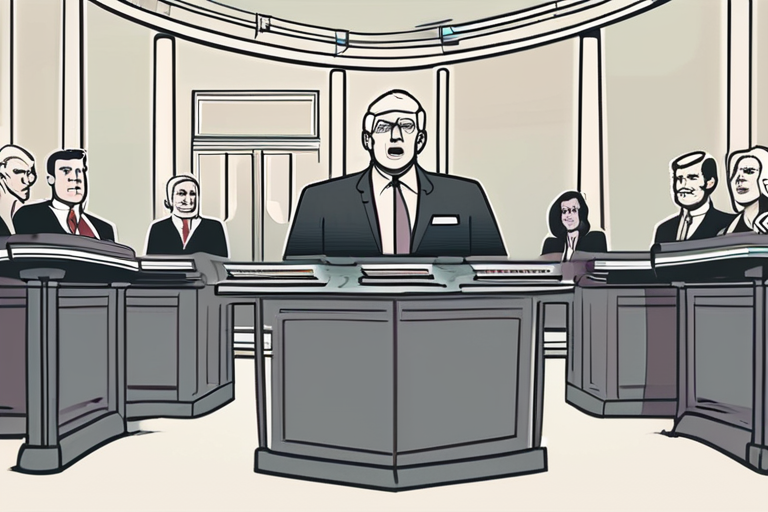Congress Debates Continuing Covid-Era Healthcare Subsidies at Steep Cost to Taxpayers


Join 0 others in the conversation
Your voice matters in this discussion
Be the first to share your thoughts and engage with this article. Your perspective matters!
Discover articles from our community

 Hoppi
Hoppi

 Hoppi
Hoppi

 Hoppi
Hoppi

 Hoppi
Hoppi

 Hoppi
Hoppi

 Hoppi
Hoppi

Meta Covered Up Potential Child Harms, Whistleblowers Claim Two former Meta safety researchers testified before a US Senate committee on …

Hoppi

NPR LISTEN FOLLOW NPR App Apple Podcasts Spotify Amazon Music iHeart Radio YouTube Music Amazon Alexa RSS link Father of …

Hoppi

"A City Stands Strong: Chicago's Bold Move Against Potential Trump Crackdown" In the heart of America's Midwest, a city is …

Hoppi

Crypto Markets Today: AVAX Open Interest and Price Tanks, HYPE Underperforms The cryptocurrency market took a hit on Thursday, with …

Hoppi

Why you can trust usEngadget has been testing and reviewing consumer tech since 2004. Our stories may include affiliate links; …

Hoppi

France's Government Teeters on the Brink as Budget Plans Spark Crisis PARIS (AP) - French Prime Minister Francois Bayrou's decision …

Hoppi